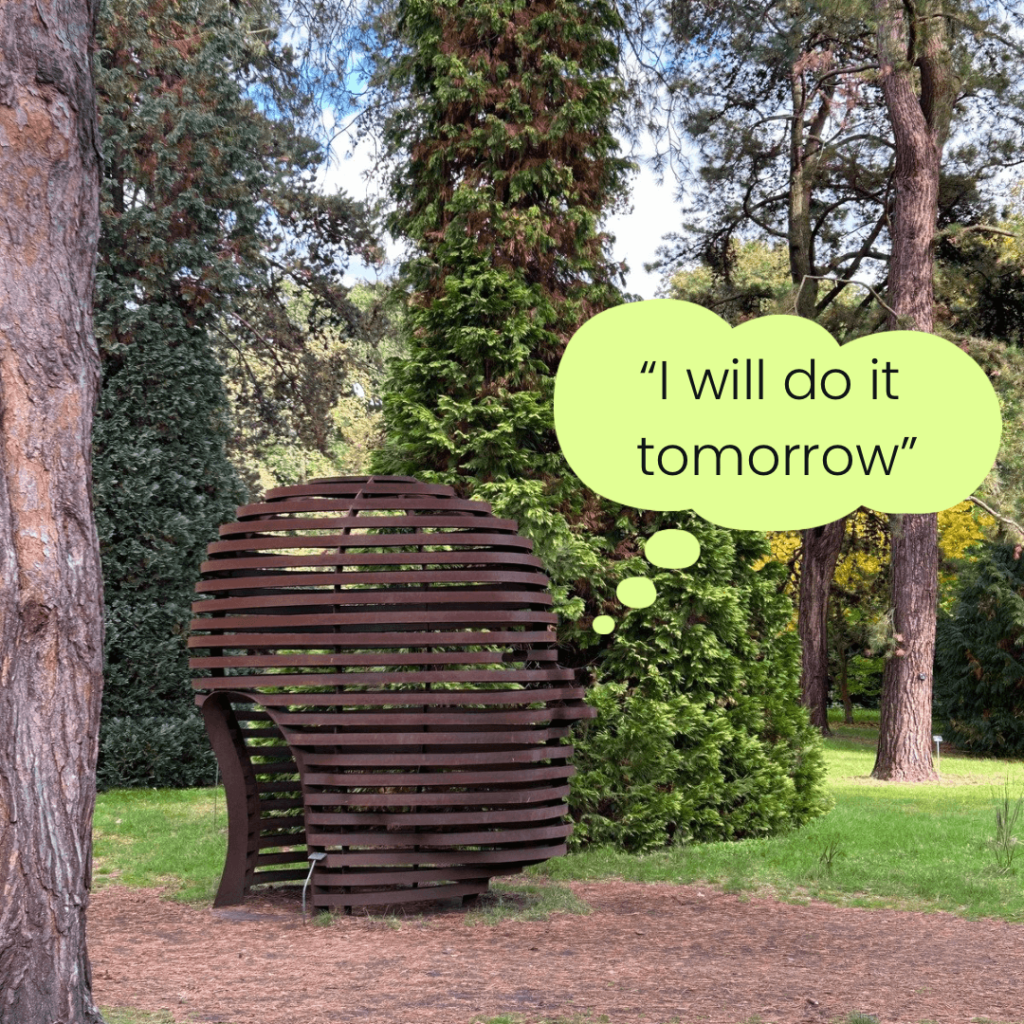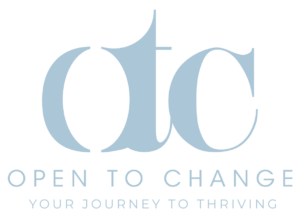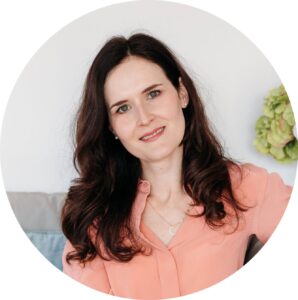The P word. I am going to post a series of information on procrastination, as this one of the biggest challenges people search coaching for.
Holistic approach to tackle procrastination
There is no simple answer to how to overcome it. Here is my view on it – if you have struggled with procrastination for a long time – you need to take a broad, 360 view on the life overall and not just focus on procrastination as a habit. There may be many things laying behind that habit, including fear of rejection, fear of success, some unmet emotional needs, low self-esteem, perfectionism and low emotional resilience.
We all know the cost of procrastination on achieving our goals. Yet we still do it. That’s why some psychologists call procrastination as type of self-harm.
Two key strategies
If I generalise ways of tackling procrastination, here are two direction I would take:
- Increasing emotional resilience. Increase the time we can sit in discomfort of painful feelings. Being comfortable of being uncomfortable. Not running away from negative emotions and pain. Not using escape strategies (any kind of addictive behaviours to distract us). ‘Sitting’ with our emotions, noticing what is happening. Self-awareness is the first step to change.
- Working on the overall self-esteem. This is an essential and major work to increase self-love, self-acceptance, face our fears, reduce perfectionism, and explore who we really are, our values and what we want to achieve by the end of the life. This is not a quick journey but THE BEST investment in your life.
Procrastinators vs non-procrastinators
The biggest difference between procrastinators and non-procrastinators is their self-esteem. Procrastinators have higher ‘social-esteem’ – they are much more focused on external validation and how others would see them.

Non-procrastinators have much stronger self-identity and looking more “inwards” (focused on what’s inside them), rather than “outwards” (focused on outside world and searching for the validation from others).
Coaching is the quickest way to improve your self-esteem and increase emotional resilience. Through the series of powerful coaching questions you will surely gain clarity on who you want to be and how you can get there. You’ve got only one life!







